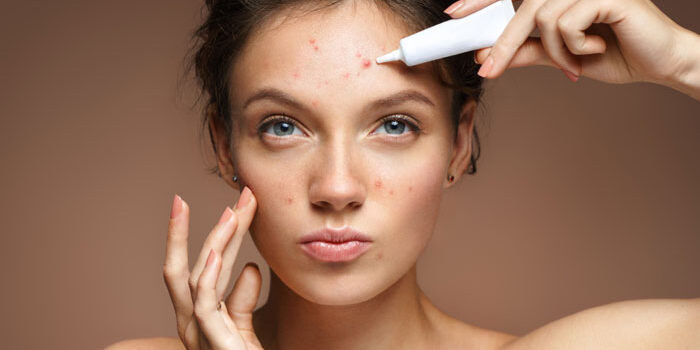
Those with acne-prone skin may find it particularly difficult to navigate the world of skincare. It can be challenging to separate facts about the best techniques for treating acne from myths because there is a wealth of information available. Today we bust some common myths about skincare for acne-prone skin and contrast them with the reality supported by scientific research. We want to enable people with acne-prone skin to make informed decisions and adopt skincare practices that support clearer, healthier skin by freeing them of these myths!
MYTH: YOU DON’T NEED TO MOISTURIZE IF YOU HAVE OILY SKIN
FACT: Keep your skin hydrated even if you have oily skin; otherwise, it will create extra oil in an effort to make up for the lack of moisture. An oily skin type does not preclude moisturizing; it only necessitates using the proper type of moisturizer to keep your skin healthy and balanced. Instead of using thick creams, opt for moisturizers that are lightweight and specifically designed for acne prone skin. For example, the Avène Hydrance Aqua-Gel Moisturiser is a lifesaver for acne-prone skin that is prone to irritation. It feels incredibly moisturizing, calming, and refreshing without being greasy. You definitely get the best value for your money because a little bit also goes a long way.
MYTH: YOU DON’T NEED TO EXFOLIATE
FACT: Actually, exfoliating is something you can and should do, but it takes a certain level of skill. Scrubs frequently lead to issues if they aggravate acne that is irritated. Try using a light scrub once a week, or use products with alpha- or beta-hydroxy acids like salicylic, glycolic, or lactic acid. This is where La Roche-Posay effaclar Anti-Acne Salicylic Acid Serum will help. With salicylic acid to unclog pores, glycolic acid to lessen redness, and LHA to gently buff the surface, this serum is especially made for acne-prone skin and may be used every day to prevent any new spots from forming.
MYTH: ACNE IS CAUSED BY STRESS
FACT: Although stress might make acne worse, it is not the reason. In contrast, genetics, hormones, and inflammation are what actually create acne. However, anxiety can exacerbate acne. The hormone cortisol is one that your body produces more of when you are under stress. Breakouts may result from an increase in oil production and irritation caused by this hormone.
MYTH: RETINOL IS NOT FOR ACNE PRONE SKIN
FACT: Because retinol is a weaker base of retinoic acid, a well-known acne therapy, it is actually quite beneficial. It is highly beneficial because its function is to unblock the oil gland. Apply it sparingly at first, only every second or third night, as it may take some time for your skin to get used to this component. Choose La Roche-Posay’s Retinol B3 Serum if you want to add retinol to your skincare routine because it has pure retinol and vitamin B3 in its formula to reduce the look of fine lines and spots on your face.
MYTH: YOU SHOULD STAY AWAY FROM OILS IF YOU HAVE ACNE PRONE SKIN
FACT: Yes, we are aware that you shudder when someone discusses the advantages of oil washing or the usage of oil-based skin care products since you believe your skin already produces oil. Truth be told, oil only deceives the skin into not overproducing sebum. In actuality, a substance akin to argan oil controls the sebum production in your skin. For this, we advise utilizing Lakmé Absolute Argan Oil Radiance Oil-in-Crème. This one features a non-greasy composition that feels feathery light on the skin—exactly what your acne-prone skin type needs.
MYTH: SUN EXPOSURE CAN HELP TO CLEAR UP ACNE
FACT: Although exposure to the sun might aid in drying off extra oil on the skin’s surface, it can also harm the skin and speed up the aging process. For this reason, it is crucial to use sunscreen outdoors that has an SPF of 30 or greater, particularly if you are prone to breakouts. If you have oily skin, you might be interested in finding a way to lessen the shine. Who wants to stroll around with a face that resembles a grease pit, after all? There are a few things you can do to treat oily skin. First, make sure you use a light cleanser to wash your face twice daily. Avoid using abrasive soaps or washing vigorously because these actions can worsen the condition by removing your skin’s natural oils.
We have uncovered the truth behind common myths by separating fact from fiction, enabling readers to make educated decisions about their skincare regimens. Always keep in mind that each person has a different type of skin, so what works for one person might not work for another. However, there are guidelines based on scientific research that can help those with acne-prone skin achieve healthier and cleaner complexions. Acne can be effectively managed by being aware of the value of gentle and dependable skincare routines including washing with non-comedogenic products, applying the proper moisturizers, and avoiding overexposure to the sun. Salicylic acid and benzoyl peroxide are two more substances that can be used to treat and prevent breakouts.
We may effectively adjust our skincare routines to manage acne-prone skin by arming ourselves with proper knowledge and knowing the underlying causes at play. Consulting doctors or skincare specialists can help to further offer individualized advice and recommendations based on specific needs. Debunking myths and embracing evidence-based skincare techniques will, in the end, help people with acne-prone skin have healthier, happier, and more confident skin.
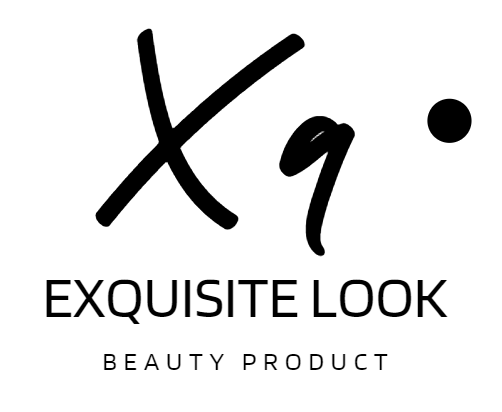
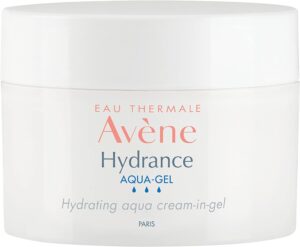
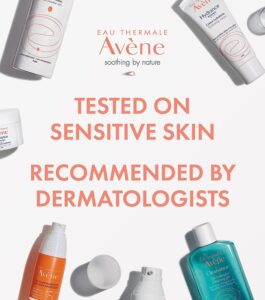
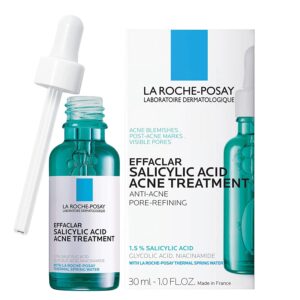
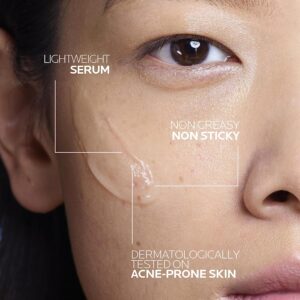
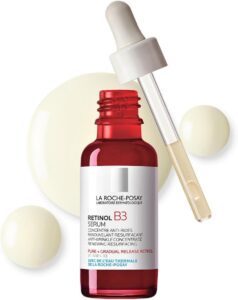
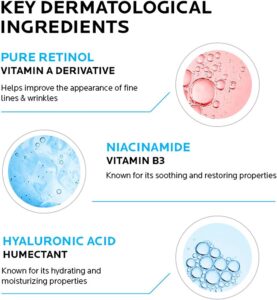
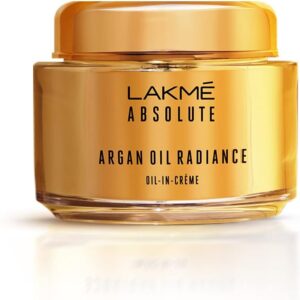

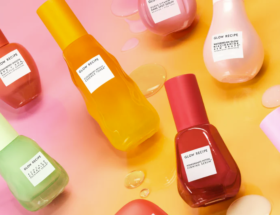


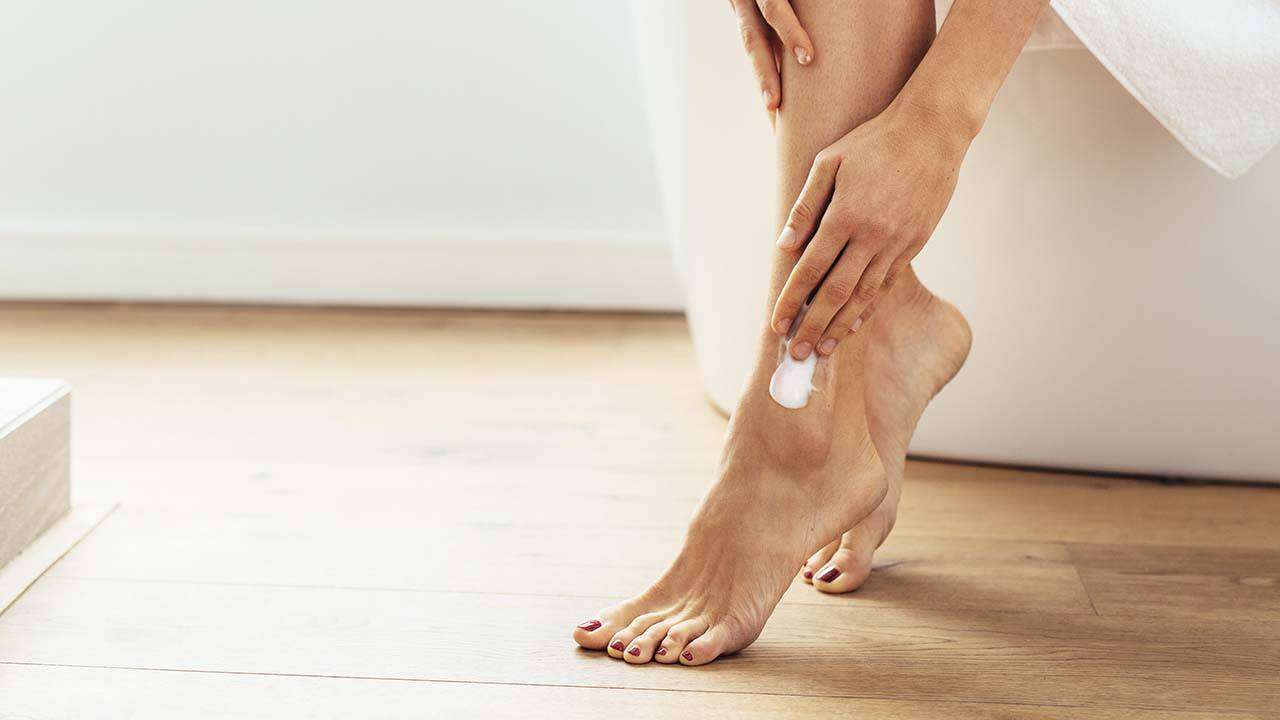
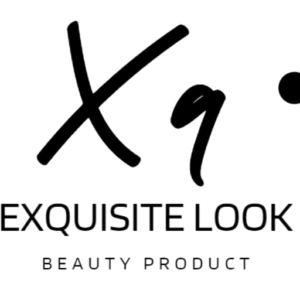
Great blog thank you for the reccomendations!